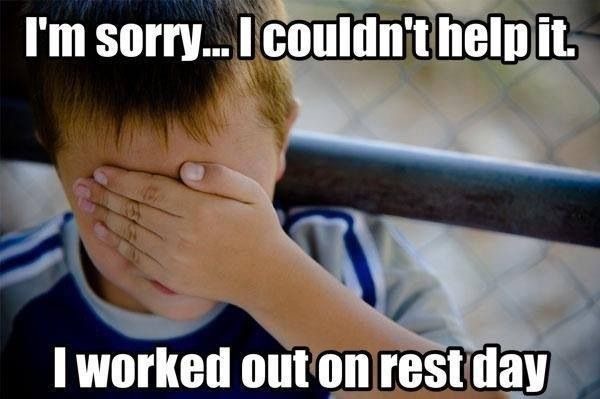Any sort of issue or injury that occurs in your running can usually be categorized between doing too much or doing too little. Without activity, exercising, stretching, etc. we lose our mobility, strength and flexibility. Bodies adapt to the stress applied to them – without stress they stop adapting. A body at continual rest gathers dust. Conversely, overuse injuries are rampant – we push too hard, ignore rest, and expect our bodies to adapt and deal with more stress than they are capable of. There is a societal pressure to be tough, strong, hard working, driven, motivated, but to what extent? If you fight through and ignore your aches and pains you could fall down that complicated path of over-training, time off, retiring early, perhaps surgery. You can’t win a race you don’t start, and being healthy enough to get to the starting line is a HUGE part of competing well.
In light of Hall’s recent retirement announcement we’ve been pondering: if you could race at 85-90% of your potential for years or reach 100% of your ability but only sustain it for a short time – which would you choose? Legacy or Longevity? In training, just how often are we expecting 100% effort from ourselves: PR’s, faster splits, constant improvement? Would we be better off doing less and only hitting that peak training occasionally before a key race? Is working harder the only way to get to where you want to be? At what point have you simply created an atmosphere of diminishing returns? Some of our athletes feel as though pushing to their max & surprising themselves with what they can do is one of the best parts of their running, though many have had plenty of training stints where they find themselves over-trained, or suffering from burnout and injury. We are a bounty of women who want to go “the extra mile.” And, I think its safe to say that our numerous paths have been slow to develop upon due to our eagerness and desire to do extra and to be better with each day.
“If you have been an endurance athlete…you have probably heard the axiom, ‘It’s better to be 10 percent under-trained than 5 percent over-trained.’ I think we can agree that this rule is true in spirit, but not literally true. It conveys the idea that fatigue hurts performance more than fitness helps it, and I think that’s true. But when do you know that you are 5 percent over-trained or 10 percent under-trained? If it were possible to know such things, would it not then be quite easy to ensure that you are 100 percent optimally trained for every race, which is better than being 10 percent under-trained? What I’m getting at is this: the idea that it is better to be 10 percent under-trained than 5 percent over-trained is also a way of expressing the idea that 100 percent optimal training is a fundamentally unknowable platonic ideal, and that, because fatigue hurts more than fitness helps, it is therefore wise to be conservative in training and train at a level that you are sure is below the 100 percent optimal level…Is this in fact also a good strategy to use in planning endurance training? I think it depends on the athlete. Certainly there are lots of athletes who aim for 100 percent optimal training and would say they are consistently able to attain it or something close to it without over-training. But there are probably at least as many athletes who run into trouble.” – Matt Fitzgerald of trainingpeaks.com.
What is the key to avoiding burnout? A coach? Was there something to Hall’s self-coaching? Of course it depends on the coach and your personality. If you tend to be an overachiever the best coach for you might be someone who protects you from yourself, limits your training, focuses your efforts to what you really need instead of filling your schedule with excess. An enthusiastic coach and an overachieving athlete can be a bad combination. If someone gives you more than you can handle and you’re never willing to admit fatigue, your ability might be hampered, or your longevity abbreviated. I suggest asking yourself these questions when it comes to coaching – does this person provide a sort of balance to my training? Can I be honest with this person? The over-arching question is, “What is my ‘just right?'”
Wisdom of Goldilocks: What it all comes down to is – you don’t know until you’ve tried it and never settle until you find your “just right.” We are often too quick to say, “I don’t like that,” “It wouldn’t work for me,” “I’m not capable,” or, “It’s too hard,” when, really, we never even gave it a chance, or experimented with it more than once. Gather evidence. We should be searching for our “just right’ and after we’ve tried all the options and can say with confidence that, “This is what I really like/enjoy/makes me happy,” only then are we able to acknowledge the varying degrees of our training and it’s likelihood to exemplify under-training or over-training practices. Instead of A) setting a goal to be better, faster, work harder, achieve more or B) scrapping it all and saying the efforts not worth it/choose rest/it is what it is and I can’t change it, why not choose C) This is the year I find my “just right” in training, racing, gear, nutrition, – experiment, take notes, and make conclusions.
